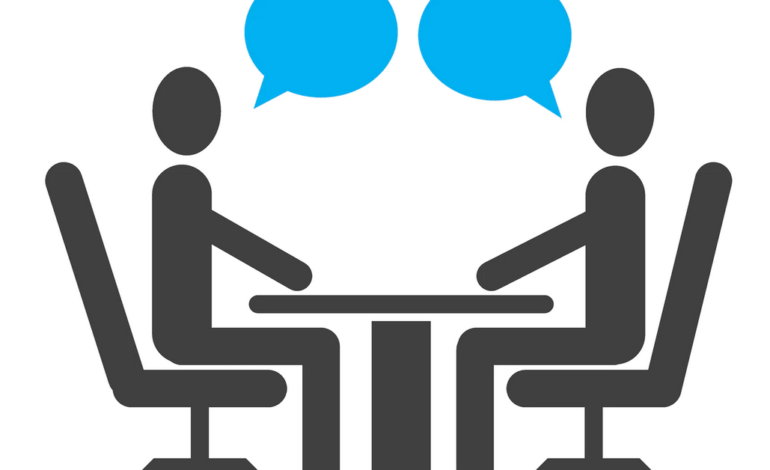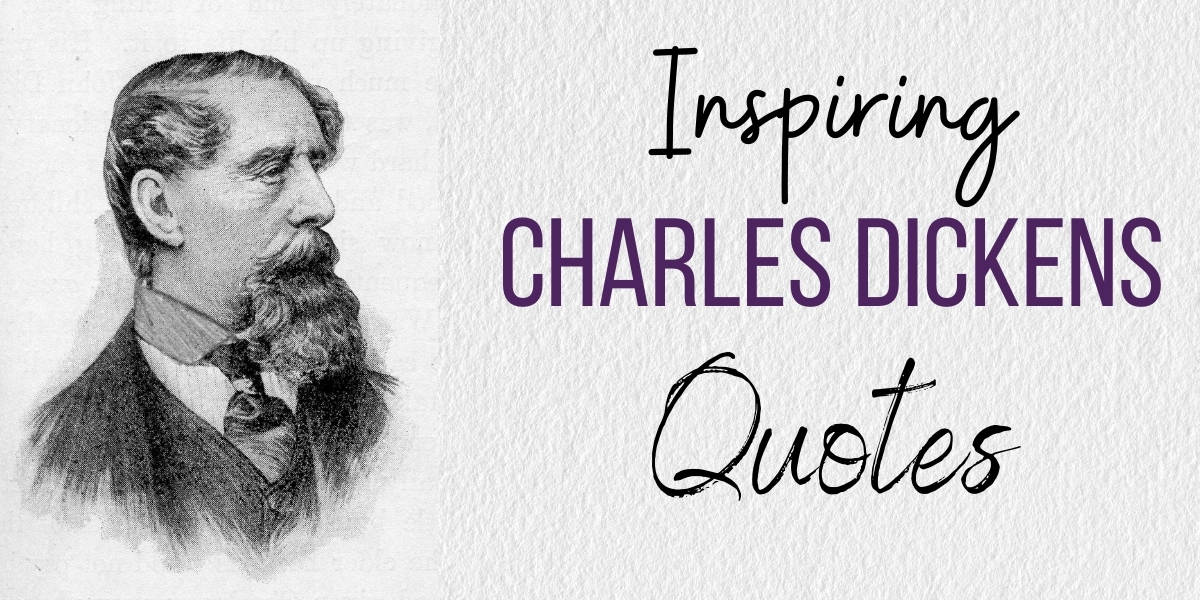
What is Attributes and Skills?
Attributes and Skills – Individuals have different attributes that can range from motivation to values. It is possible to improve some attributes by practicing. It is an inherent quality, so even if someone isn’t practicing, it doesn’t become lost. In this article we go to discuss Attributes and Skills types and difference between both with examples.
Skills are abilities that can be learned through practice. These skills can also be called competencies. Skills are different from attributes which are intrinsic. These skills are acquired through practice and dedication.
What are personal Attributes?
Before we discuss further about Attributes and Skills lets find out personal attributes. Personal attributes are a characteristic or quality that a person has. A person’s personal attribute is a characteristic that is inherent in them, such as kindness or ambition. Skills are not the same as attributes. Skills can be taught and improved by training. Non-verbal communication is an example of a skill.
You will each have your own set of unique Attributes and Skills that make you stand out. Personal attributes can influence how you approach daily life and how you respond to different situations. You will be more able to adapt to different situations if you are better acquainted with yourself.
How can I identify my personal attributes?
Personal attributes are personal. There is no right or wrong way to choose. Personal attributes are a reflection about who you are. No two people will be exactly the same.
Ask your family and friends to do the exact same. Those who know you well will see your personal characteristics. Find examples of your personal attributes that have been mentioned several times.
Summary of your personal Attributes
- Write 10 characteristics that best describe you.
- Ask your family and friends to do the exact same
- Look for attributes mentioned multiple times
- These attributes can be demonstrated in concrete examples.
How can I identify my own skills?
You can identify your own skills by thinking about the things you are good at. The ways you have demonstrated your ability and how you have improved. Below are 5 examples of each of the three types of skills. There are many more skills that you can demonstrate.
- Analytical skills
- Time management
- Independent learning
- Research skills
- Presentation skills
The Difference Between Attributes and Skills
Both attributes and skills are important for someone personality.
Your talents are your attributes. They are either yours or they are not. These are your abilities. You may not be aware of all your potential attributes at one time. However, if you have the potential to do something, you will have the ability. Perhaps you have a powerful voice, a charming smile, or a natural ability to make people feel at ease. These are all attributes.
You can learn skills even if they aren’t yours. And even if they are, you can lose them. Although you may be naturally inclined to speak in public, it is unlikely that you will improve your skills.
Why Attributes and Skills are important when applying a good Job?
It is important to be able identify the key skills that will make you stand out to potential employers or clients when applying for work.
Although attributes are important, your skills will ultimately make you successful in the role. It’s these skills that are crucial. Once you have a better understanding of the person’s needs, you can add your attributes to make your case stronger.
Employers prefer to hire people with diverse and relevant skills. This is well-known. To prepare yourself to be the best possible candidate, you can complete free online certification courses . These will enhance your knowledge and give you the necessary practical skills.
Once you have identified your attributes and skills it is easy to put them together.
Different Types of Attributes and Skills
There are different types of Attributes and skill people should have
Types of Attributes
- Simple attributes
- Composite attributes
- Single valued attributes
- Multi valued attributes
- Derived attributes
- Key attributes
Types of Skills
There are many skills that can be learned and they can be used in all aspects of life. This includes key skills such as washing and cooking, but also highly-specialized skills like those of a forensic psychologist and an astronaut.
1. Communication skills
2. Literacy and numeracy skills
4. Key Skills
5. Life skills
6. Skills that will help you succeed
7. Learning skills
8. Thinking skills are also included under this umbrella.
9. Skills that are subject-specific
10. Leadership skills
How to demonstrate personal Attributes and Skills together
1. Describe the skill, and when it was used.
2. Describe how you used the skill
3. Let’s talk about what you learned from this experience, and how you have developed the skill.
4. Refer to the importance of the skill back in medicine!
Essential career skills you should have
Here are five skills you should be focusing on to make your workplace more productive.
1) Communication
While some of my colleagues might argue that it is an attribute, I believe communication skills can be taught through training and work. It is possible to teach customer service excellence, the principles and skills, but it is not possible to teach communication.
I have coached many people in communication skills for interviews. This ranges from being able only to give one-word answers to being able describe their skills fluently for a specific role. It takes a lot of practice, and it is what others notice most about you.
2. Team work
Few roles will not require you to work in a team and negotiate. Employers are looking for employees who can work together with their staff and add to the team.
It’s not about just helping someone in need. You should also be able to ask for help and support when you need it. Recognizing the importance of utilizing your colleagues’ strengths and understanding how they can contribute to a company’s success is key.
3) Time management
This includes everything, from setting and meeting deadlines for work to arriving on time each morning.
A good time management skill shows that you are aware of the impact your performance has on the team and the company as a whole. Employers will seek out a leader candidate who has strong time management skills. This skill should be supported by examples from your previous work experience.
4) Ability to respond to pressure
It could be anything, from ensuring your application is in time to being available for interview at the last moment, to ensuring you have all of the necessary documents. Employers I work with sometimes need a quick turnaround. This includes reviewing CVs, interviewing, and starting a job.
It is important to be able to react quickly and decisively. This shows that you are capable and ready to do the job.
5) Technical understanding
This is a very simple and obvious skill. It is essential to have a solid understanding of technology in the workplace. This is not just about how to use a computer at work.
When applying for a job, it’s worth looking into the digital skills required. You can also have a list of current Digi skills that you can reference when you pitch for work. It is important to know how to use the most recent webinar platforms.
While you don’t have to be an expert on everything, you should still be confident in your abilities to complete these tasks.
Most important attributes you should have
Here are some of the most important attributes you should have
1) Initiative
This is a very important trait to possess, especially when it comes to job hunting. Clients often tell me that they have not heard back from applicants. But when I ask them what they did to follow it up, almost always the answer is “nothing”.
It’s crucial to be proactive in the current market. Before employers advertise, take initiative and reach out to potential employers. Follow up with applicants. This is a crucial step in securing your success.
2) Motivation
When you are constantly getting rejections and knockbacks, it can be very difficult to stay motivated. This is the most important piece of advice. You don’t have to take it personally. Accept any outcome and you will stay motivated.
In today’s market, high activity is essential. I’ve seen clients go from filling out 50 applications per week to only five because they were feeling demotivated by not being contacted. This shouldn’t stop you from doing your best. It’s OK to take a day off when you feel overwhelmed, but it shouldn’t stop you from continuing.
3) Engagement
This is a key attribute that I believe is essential. Be engaging! One-word answers won’t make a good impression if someone calls to discuss a job. Many job seekers are very personable and engaging, but they can’t keep their hands off of employers once they’re there.
Everybody has a unique personality. Do not wait for your employer to call before making your first impression. Get your friends/family/mentor to help you with this continually if you know you struggle and make sure you’re prepared.
4) Positivity
Talk about your past experience, skills and why you are currently in front of an employer/client.
I don’t know how many times I have had to do mock interviews with candidates and heard them tell me about all the bad things that happened. Or focused on what they couldn’t do instead of what they could. Employers won’t like to hear that so keep your focus on the positive.
5) Self-awareness
Employers are not going to base their assumptions on your resume and previous employment. He can make decisions based upon how you present at interviews.
He also want to hear from you confidently about your skills and experiences.
But don’t rush! You’ll be more likely to cheat. Yes. It’s easier than ever to prepare for an interview. You have access to a lot of information about what companies are looking for. Take a moment to reflect on this.
Attributes and Skills Final Thought
Be true to yourself when analysing your skills and attributes. Use strong examples to support your claims. Admissions tutors can only see so much in 4000 characters. They also have limited time for interviews so make sure to provide quality examples.
Strong, concrete examples will show a medical school that your skills and abilities have been assessed and you are able to identify what makes you unique. This will be appreciated by them, since it is important for doctors and medical students to recognize their strengths and to understand the value they bring to the multidisciplinary team.
Attributes and Skills FAQs
Q1. What is Attributes and Skills?
Attributes are skills both are different from each other . Attributes which you might naturally have. Skills, on the other hand, are things you’ve learnt through work, training or education, or general life experience.
Q2. What is the strongest attribute?
Enthusiasm, Trustworthiness, Creativity, Discipline and Patience are strongest Attributes.
Q3. What are the 3 example of skills?
Three good example of skills are Good communication skill, Critical thinking and Working well in a team.
Q4. Why are attributes and skills important for job?
Attributes and skills are very important for job interview. A person have a right skills and demonstrating the right attributes at the interview can help you land the job.
Q5. Why are attributes and skills are important in health and social care?
Attributes and skills are important in health and social care because these type of job require one to one contact.
Q6. What is personal attributes mean?
Personal Attributes means quality or characteristic of a person such as kindness, ambition and sensibility.
Q7. What is the most important attribute for medical profession?
The most important attribute for medical profession is Empathy.








